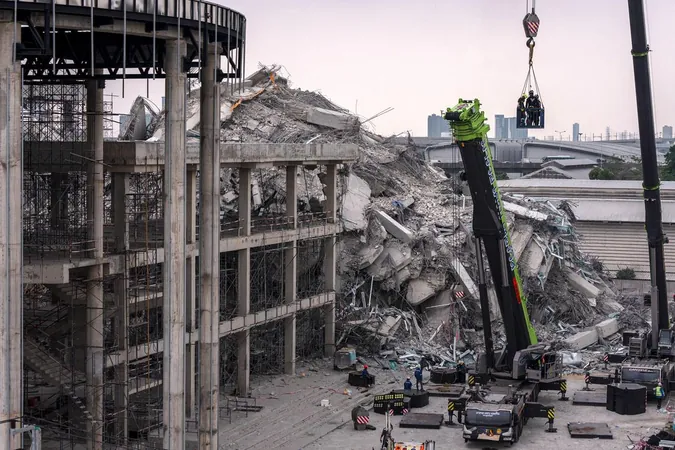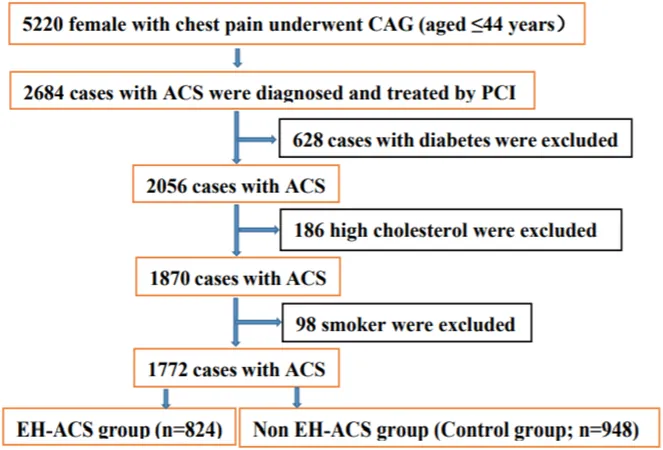
Shocking Details Emerge: Substandard Steel Caused Bangkok Tower Collapse
2025-04-01
Author: Siti
BANGKOK - In a startling revelation, contractors of a partially constructed tower that collapsed in Bangkok during the devastating March 28 earthquake utilized substandard steel bars sourced from a factory that had previously been shut down due to safety violations.
An investigation by the Iron and Steel Institute of Thailand revealed that samples of two different sizes of steel bars collected from the site of the disaster failed critical tests concerning their mass, chemical composition, and structural integrity under stress. This hazardous steel was produced by a company whose facility was closed in December following a serious incident involving a gas tank leak, according to Mr. Thitipas Choddaechachainun, head of a working group at the Ministry of Industry, who chose not to disclose the factory's name.
Publicly available images of the steel bars showed the brand “Sky,” manufactured by Xin Ke Yuan Steel. This company had its factory located in Rayong province, Thailand, but was forced to cease operations after authorities confiscated over 2,400 tonnes of steel due to safety concerns.
The ill-fated 30-storey tower was intended to accommodate Thailand’s State Audit Office and tragically became the only structure to crumble following the 7.7-magnitude earthquake that struck Myanmar. This catastrophe has already claimed the lives of at least a dozen workers and left approximately 80 trapped under the rubble.
In light of these findings, the Thai government has launched a thorough investigation into the collapse, which comes as a part of a broader effort to ensure construction safety standards are met. Xin Ke Yuan Steel is not the first Chinese company under scrutiny in this case—the tower was being developed by a joint venture, ITD-CREC, which comprises Italian-Thai Development and China Railway Number 10 Thailand.
On April 1, Industry Minister Akanat Promphan stated that more steel samples would be collected for testing, reinforcing the government's commitment to uncovering the truth. Additionally, the Department of Special Investigation is evaluating whether China Railway Number 10 may have employed Thai nationals as proxy shareholders, raising further questions about compliance and ethical practices.
As speculation grows, the Xin Ke Yuan Steel plant remains shuttered, and company representatives have yet to provide comments regarding the situation. Company records indicate that it was registered in 2011, with a significant ownership stake held by nine Chinese nationals.
The dramatic collapse of this building, which stood at only 45 percent completion, has sparked widespread outrage and skepticism regarding the competency of the design and construction practices employed. In an ironic twist, while Bangkok maintained relative stability during the tremor, areas closer to the epicenter in Myanmar suffered catastrophic losses, with over 2,000 lives claimed.
In response to this construction disaster, Mr. Thitipas assured the public that the government would take firm action against the steel manufacturer under the Industrial Products Standards Act. “We have the authority to prosecute any manufacturer and seller of substandard products," he declared. The ministry will also inspect the steel factory for potential violations of its shutdown order, ensuring that safety and accountability are upheld.
As this story continues to unfold, the implications for construction practices, safety standards, and accountability in Thailand are likely to be profound, highlighting the dark side of rapid development driven by profit over safety. Stay tuned for more updates as this shocking saga develops.





 Brasil (PT)
Brasil (PT)
 Canada (EN)
Canada (EN)
 Chile (ES)
Chile (ES)
 Česko (CS)
Česko (CS)
 대한민국 (KO)
대한민국 (KO)
 España (ES)
España (ES)
 France (FR)
France (FR)
 Hong Kong (EN)
Hong Kong (EN)
 Italia (IT)
Italia (IT)
 日本 (JA)
日本 (JA)
 Magyarország (HU)
Magyarország (HU)
 Norge (NO)
Norge (NO)
 Polska (PL)
Polska (PL)
 Schweiz (DE)
Schweiz (DE)
 Singapore (EN)
Singapore (EN)
 Sverige (SV)
Sverige (SV)
 Suomi (FI)
Suomi (FI)
 Türkiye (TR)
Türkiye (TR)
 الإمارات العربية المتحدة (AR)
الإمارات العربية المتحدة (AR)